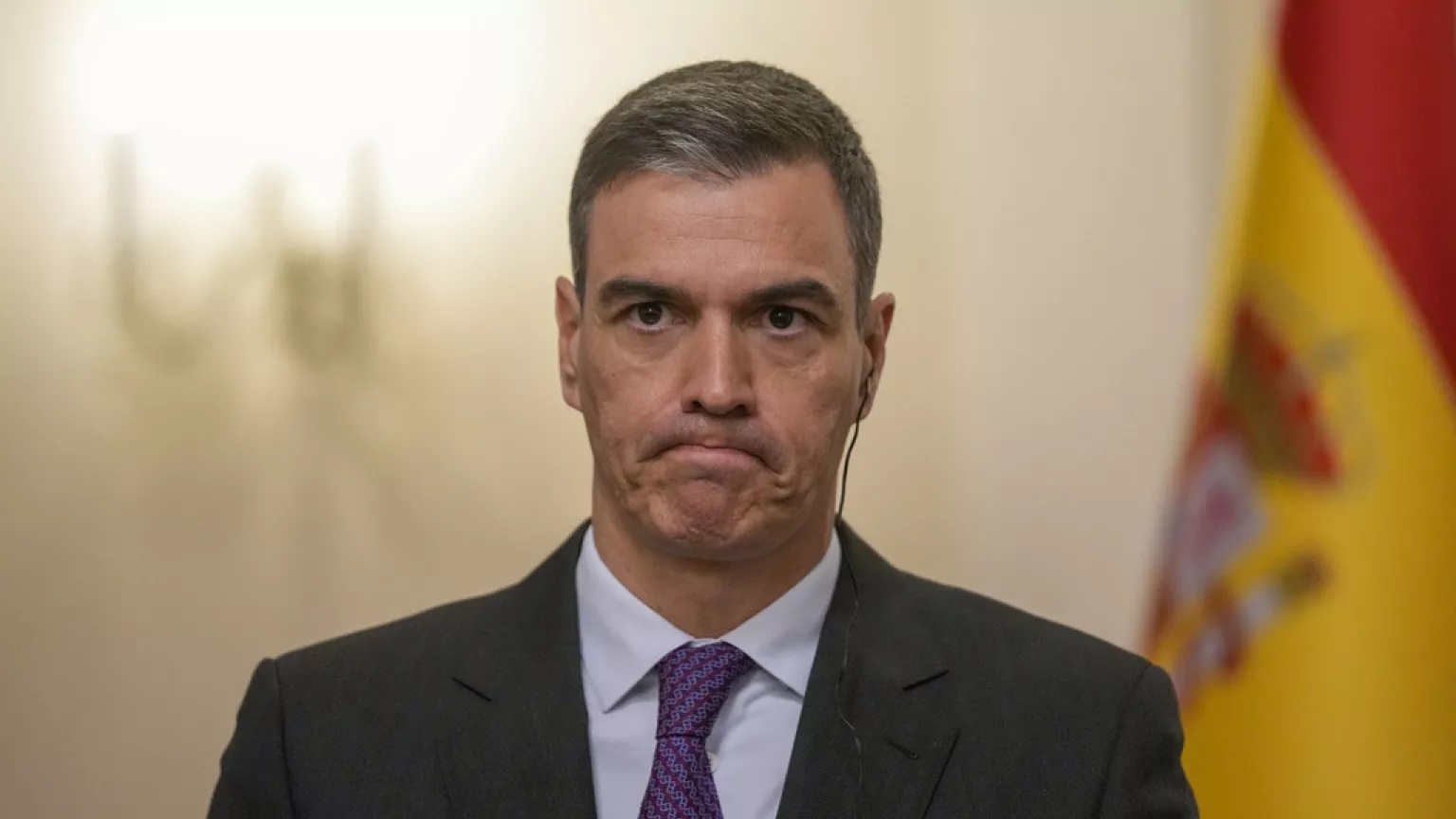Spain’s Prime Minister Pedro Sánchez, once heralded as a reformist champion committed to integrity in governance, finds himself navigating one of the most turbulent moments of his leadership.
Just as he sought to reestablish the credibility of the Spanish Socialist Workers’ Party (PSOE), a fresh scandal has shaken the party to its core, this time involving allegations of sexual harassment within his own inner circle.
Hopes that the PSOE’s federal committee meeting would mark a turning point for the party were swiftly dashed on the night of Friday, July 5, 2025.
ElDiario, an online investigative outlet, published a report detailing multiple accusations of sexual harassment against Francisco Salazar.
Salazar is a key official responsible for institutional coordination at Moncloa Palace, the Prime Minister’s official residence.
Several women affiliated with the party claimed inappropriate conduct by Salazar, a revelation that cut deeply into the PSOE’s already damaged ethical standing.
In response, Salazar promptly resigned from his governmental role and his newly appointed position in the PSOE’s organizational secretariat.
He expressed disbelief, saying he had “racked his brains” trying to recall any improper behavior and was unable to identify a specific incident.
While no formal complaints have yet been filed, the government has launched an internal investigation.
Nonetheless, the symbolic impact of Salazar’s resignation is profound.
This is coming just days after another close Sánchez ally, Santos Cerdán, was remanded in custody on suspicion of corruption tied to public infrastructure contracts.
Cerdán, who also resigned, has vowed to prove his innocence, but the damage to public perception is already done.
These cascading revelations are not isolated.
They arrive on the heels of other investigations implicating figures close to Sánchez, including his wife and brother, both of whom deny any wrongdoing.
To complicate matters further, a former PSOE member is under scrutiny for allegedly orchestrating a smear campaign against the anti-corruption police unit leading several of these inquiries.
Facing intense scrutiny, Sánchez offered a public apology, acknowledging a misjudgment in trusting individuals who, in his words, “did not deserve it.”
Yet he remained resolute in his decision to lead through the storm rather than resign.
“A captain does not abandon ship when the sea grows rough,” he declared. “He stays the course and guides the vessel to safer waters.”
However, his critics, particularly from the conservative People’s Party (PP), have seized the moment.
They argue that Sánchez’s credibility is in tatters, and that his public commitment to combating corruption and sexism now appears to many as performative.
“He’s either unable to spot decent leaders or surrounds himself with the wrong people,” said PP sources.
“Either way, it’s clear he lacks the judgment to lead Spain.”
Internal dissent is also emerging from within PSOE’s own ranks.
Emiliano García-Page, the party’s regional leader in Castilla-La Mancha, openly called on Sánchez to consider a parliamentary confidence vote—suggesting that the time may have come to seek a fresh mandate from the people.
“We may not win it,” he admitted. “But if we lose, then calling elections should not be ruled out.”
For a global audience, especially those who uphold the principle of dignity in public service, Spain’s current political moment offers both caution and reflection.
Leadership demands not just vision and competence but moral clarity, especially in moments of crisis.
A government built on promises of transparency and social justice cannot afford to appear indifferent to the conduct of its own members.
Pedro Sánchez once rose to power by opposing corruption.
Today, his challenge reportedly lies not only in weathering this storm but in proving that those initial promises were more than political strategy, they were, and must remain, a commitment to ethical leadership.
As the world watches, the outcome of this crisis will resonate far beyond Spain.
It will serve as a test of whether modern democracies can hold their leaders, and their values, accountable in real time.







